ICC seeks arrest warrants for two Taliban leaders over women's persecution
The two individuals named are the Taliban's supreme spiritual leader and the group's chief justice since 2021.
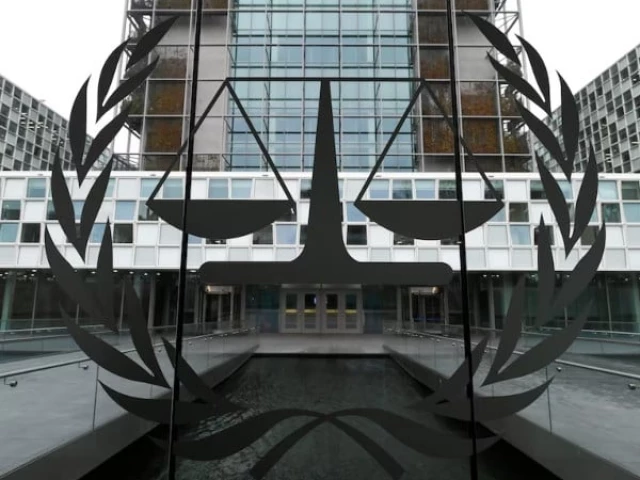
The International Criminal Court (ICC) prosecutor, Karim Khan, announced on Thursday that he has requested arrest warrants for two senior Taliban leaders in Afghanistan, accusing them of persecuting women and girls in the country.
The two individuals named in the request are Haibatullah Akhundzada, the Taliban's supreme spiritual leader, and Abdul Hakim Haqqani, the group's chief justice since 2021.
Khan's office stated that investigators had found “reasonable grounds” to believe that Akhundzada and Haqqani bear criminal responsibility for the crime against humanity of gender-based persecution.
The statement outlined that both leaders are implicated in the systemic persecution of Afghan women, girls, and those perceived as allies of women. This persecution has been ongoing since the Taliban seized control of Kabul on August 15, 2021, and continues today.
Since the Taliban's return to power in 2021, the group has imposed severe restrictions on women’s rights, including bans on education, limitations on women’s ability to work, and severe restrictions on their freedom in daily life.
The group's interpretation of Islamic Sharia law has been cited as the justification for these actions, though Khan stressed that such an interpretation cannot be used to justify human rights abuses.
In a statement, Khan emphasized that his office is committed to pursuing accountability for gender-based crimes as he condemned the ongoing persecution of Afghan women, girls, and the LGBTQI+ community, calling it "unprecedented" and "unconscionable."
Khan's move is part of the ICC’s broader investigation into potential war crimes in Afghanistan, which has spanned over a decade and initially focused on alleged crimes by the U.S. military.
This is the first time ICC prosecutors have sought arrest warrants in relation to the Taliban’s actions since the start of the investigation in 2007.
The request will now be reviewed by a three-judge panel at the ICC, although there is no set timeline for a ruling. Procedures typically take around three months.
The request was welcomed by human rights organizations and advocates for Afghan women’s rights. However, some analysts suggested that even if the warrants are issued, the practical impact on Akhundzada may be limited, as he rarely leaves Afghanistan.
Zalmai Nishat, founder of the UK-based charity Mosaic Afghanistan, noted that the move would, however, severely damage the Taliban’s international standing, should the warrants be issued.
While this is a significant step for the ICC, the court is facing its own challenges.
Recent high-profile arrest warrants, such as the one issued for Russian President Vladimir Putin and the impending sanctions from the U.S. for issuing a warrant against Israeli Prime Minister Benjamin Netanyahu, have heightened tensions.
The ICC relies on its 125 member states to enforce arrest warrants, but some nations, like Italy, have expressed reluctance to cooperate with such requests, raising questions about the court's effectiveness in holding individuals accountable.
The ICC's action comes amid growing concern over the treatment of Afghan women and girls, with the international community watching closely to see whether the court’s move will lead to tangible results.
The outcome of the request for arrest warrants could further define the legitimacy and power of the ICC in holding accountable those responsible for gender-based atrocities.

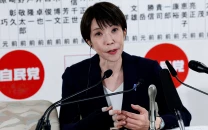
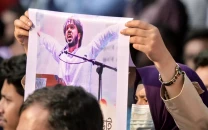
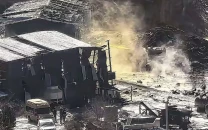
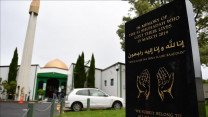

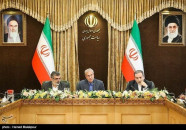












COMMENTS
Comments are moderated and generally will be posted if they are on-topic and not abusive.
For more information, please see our Comments FAQ